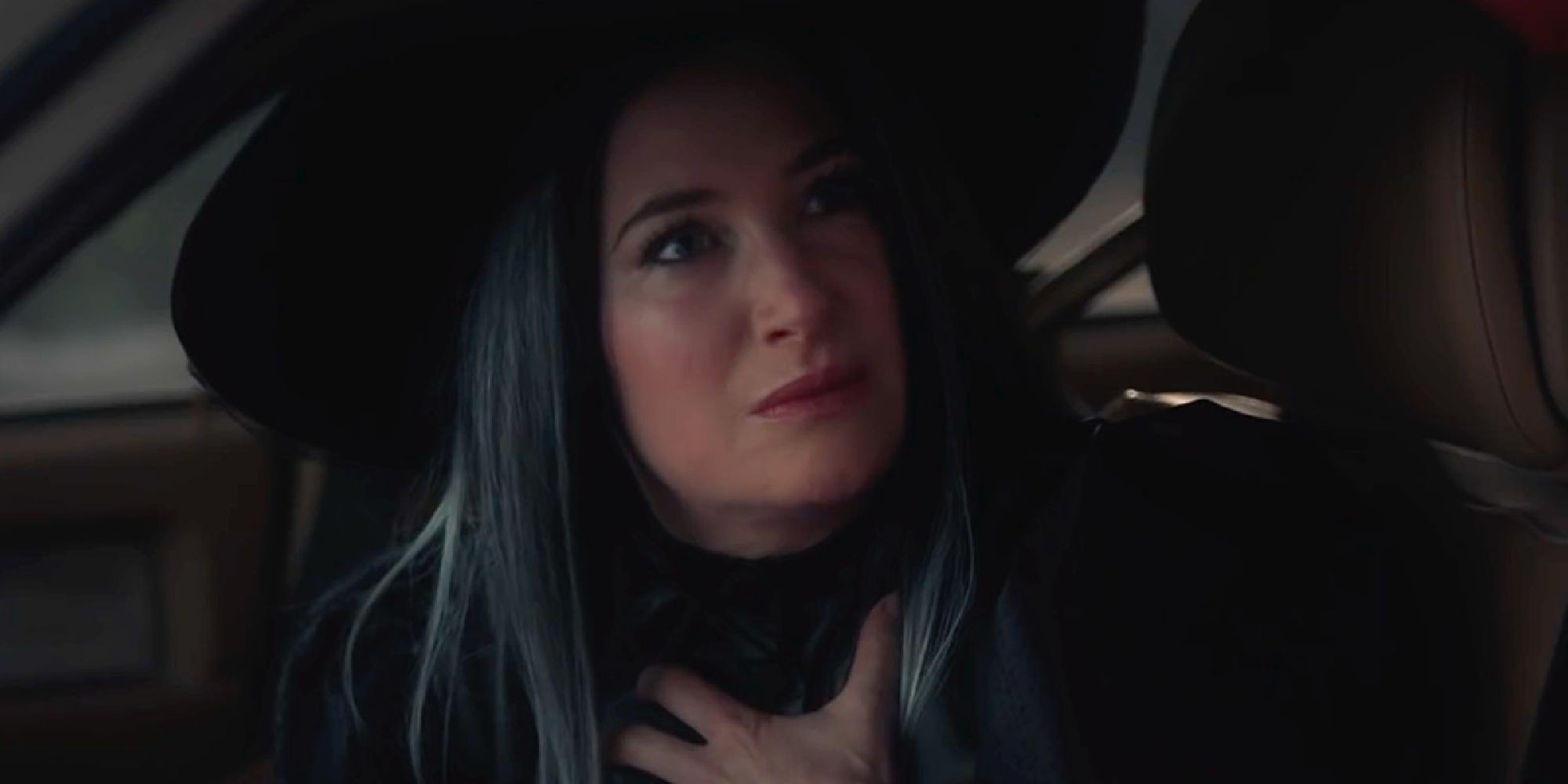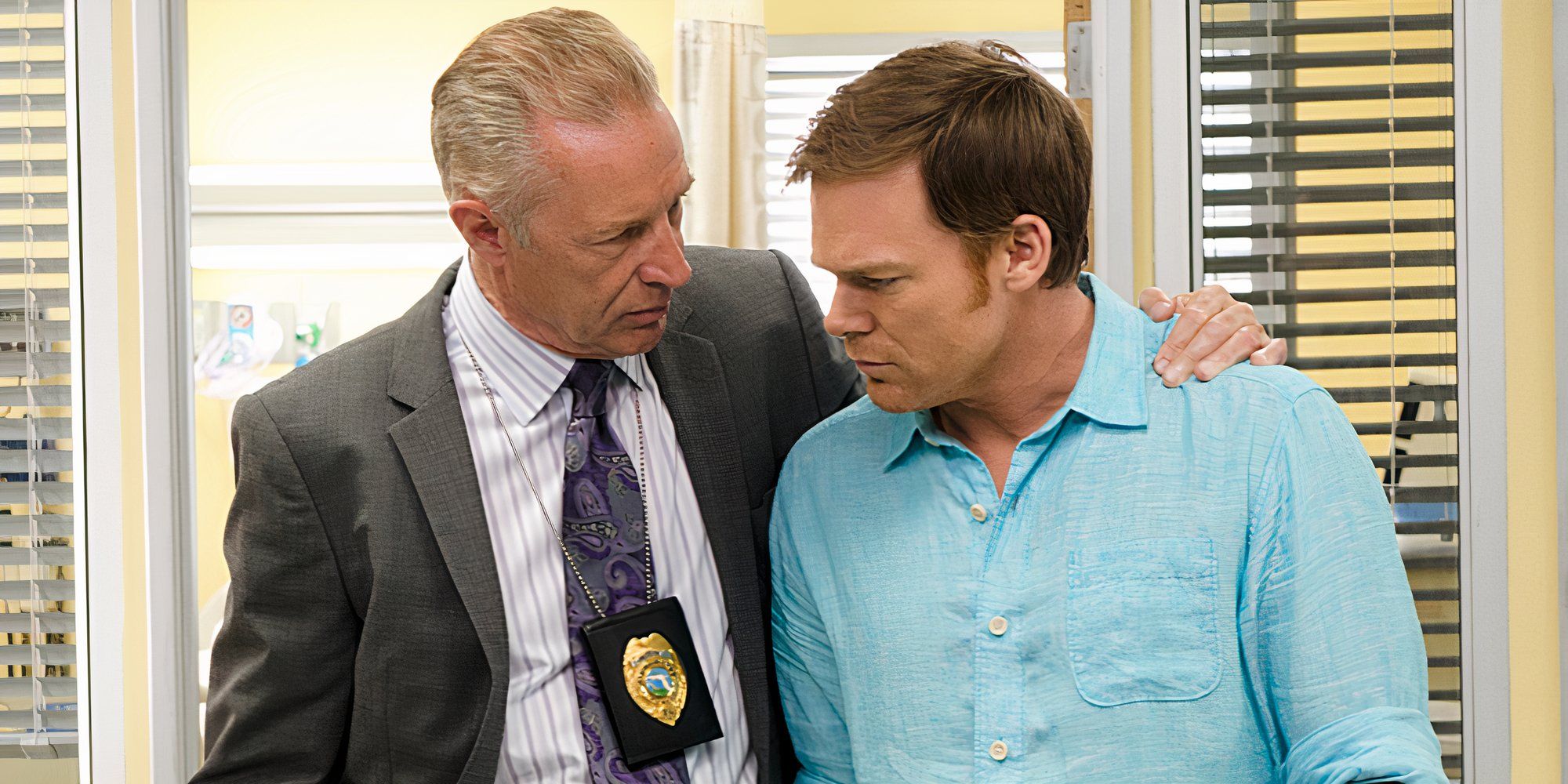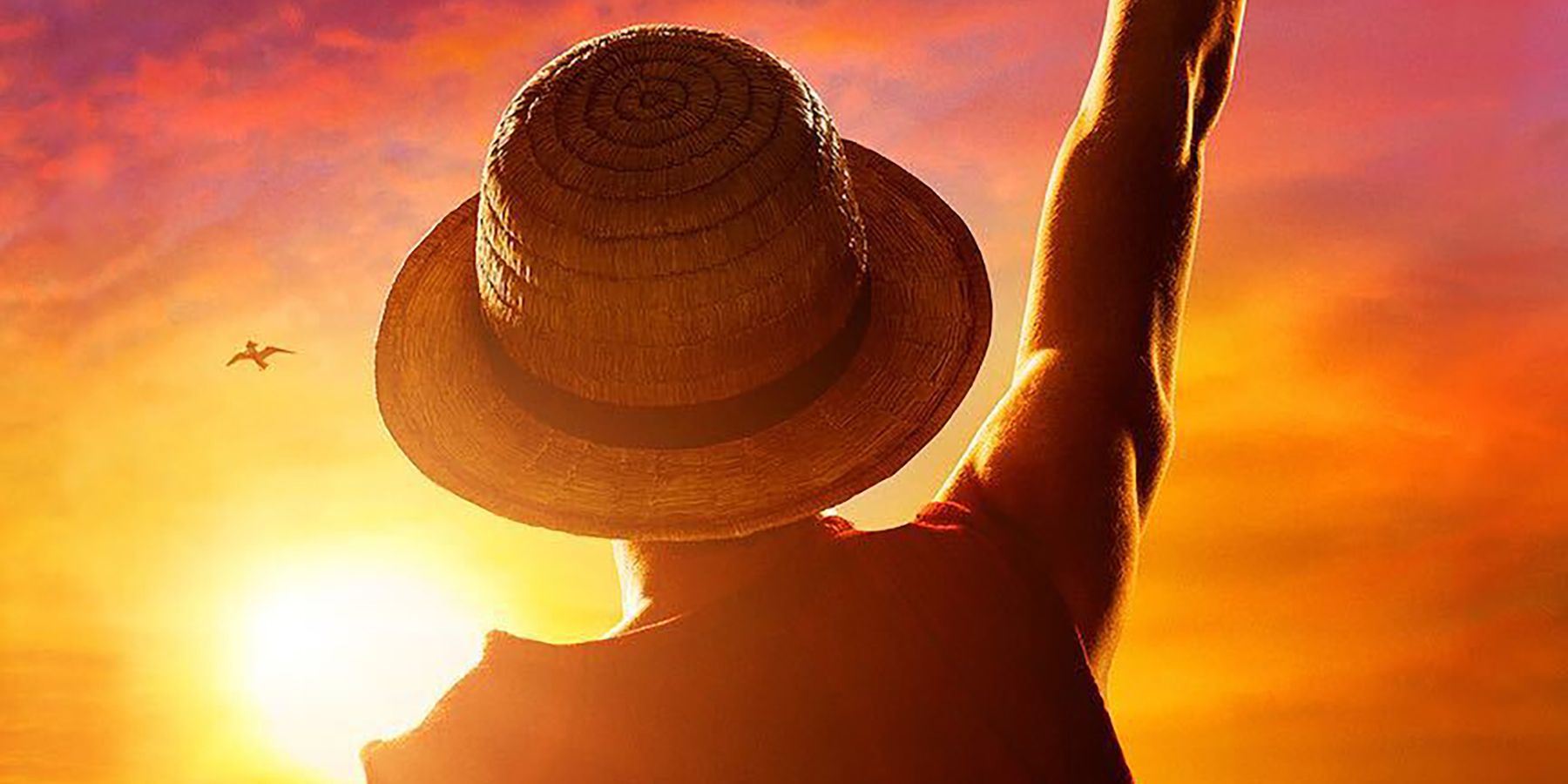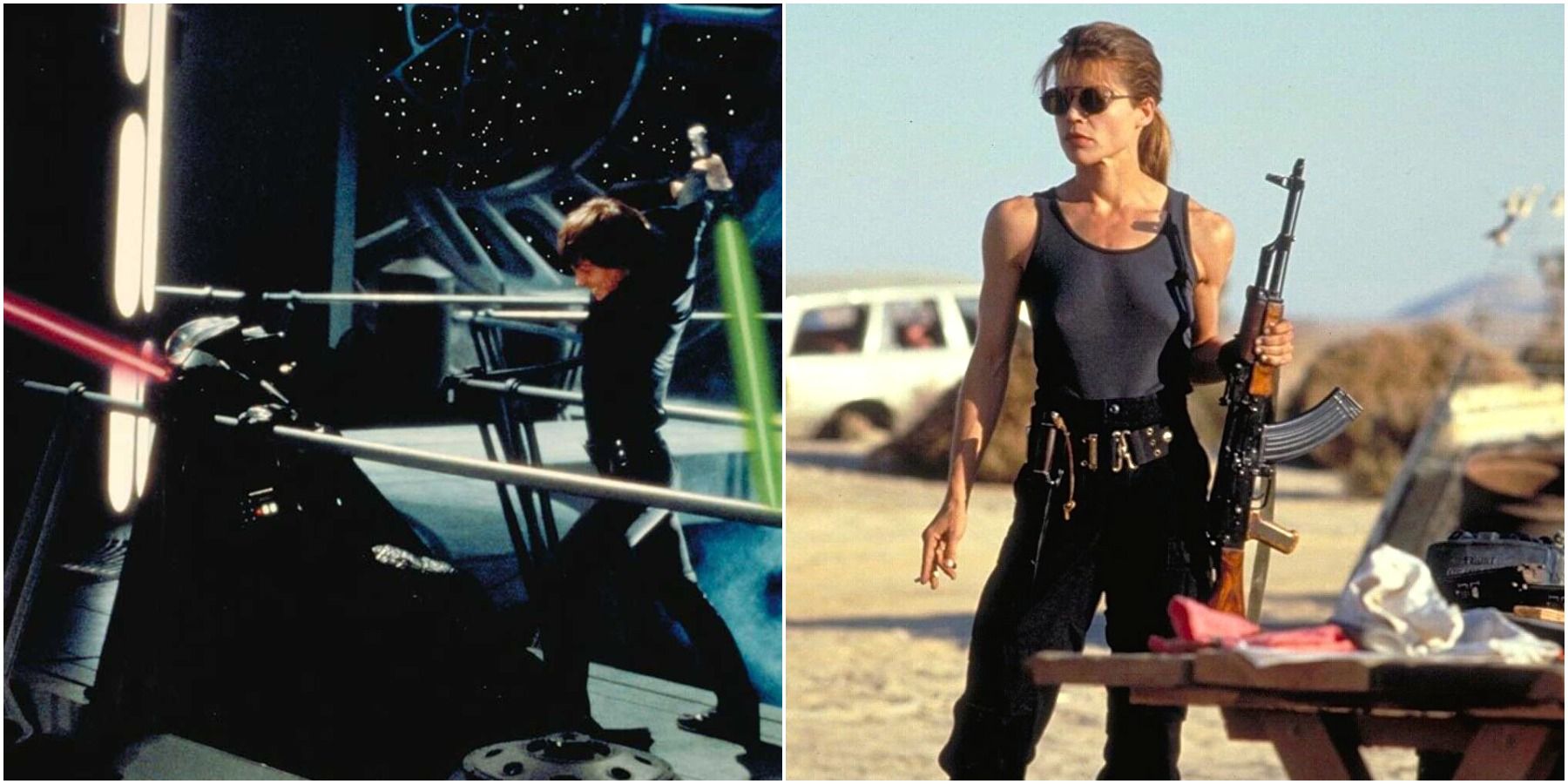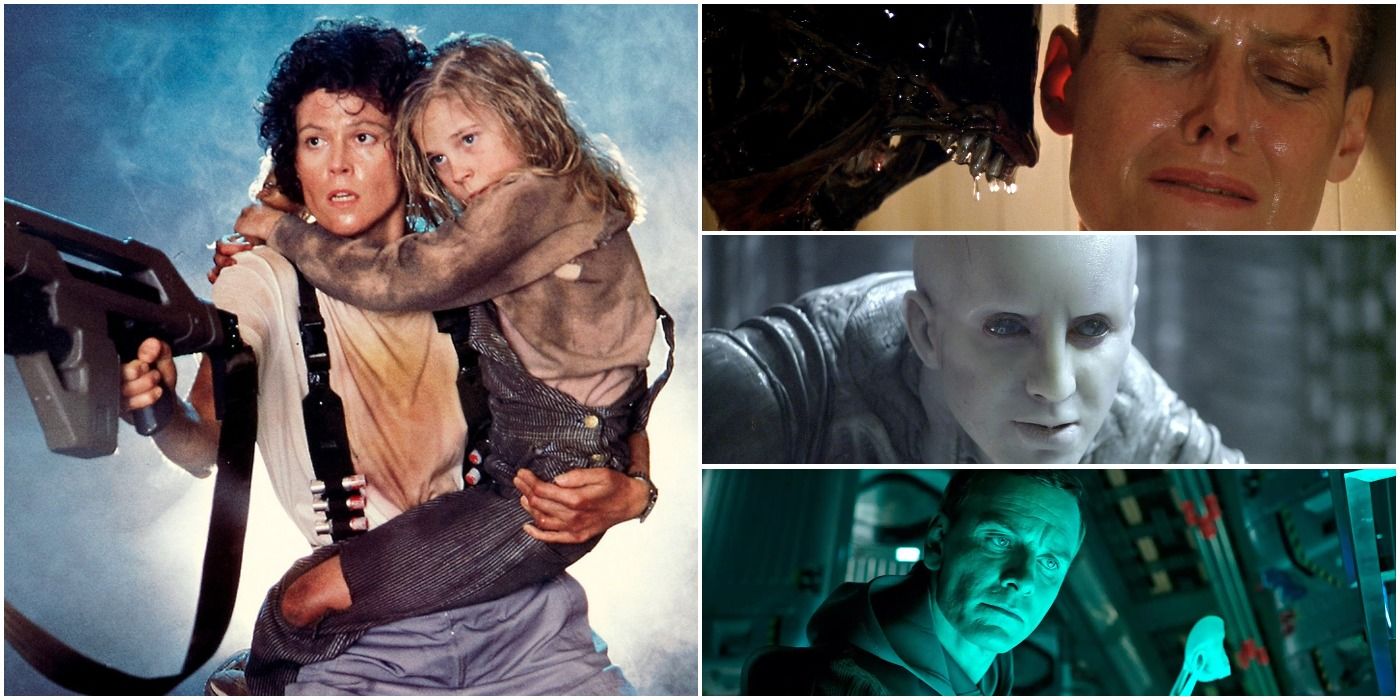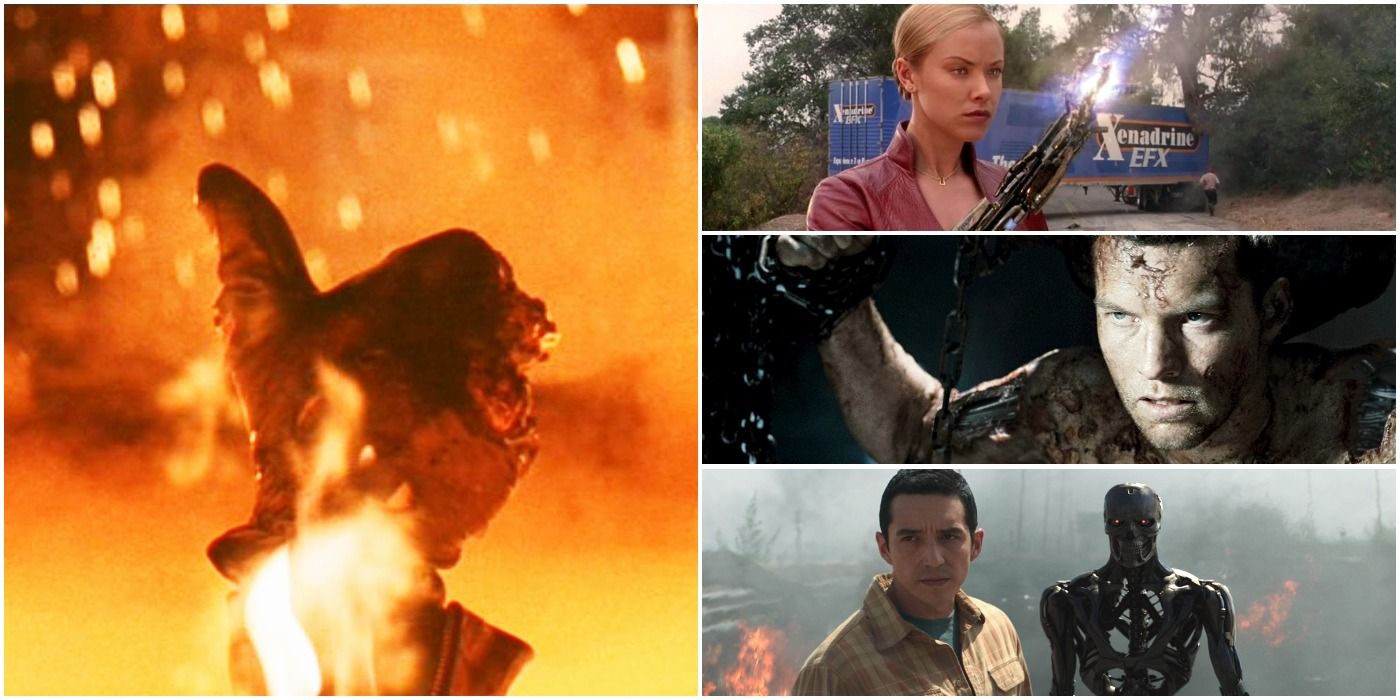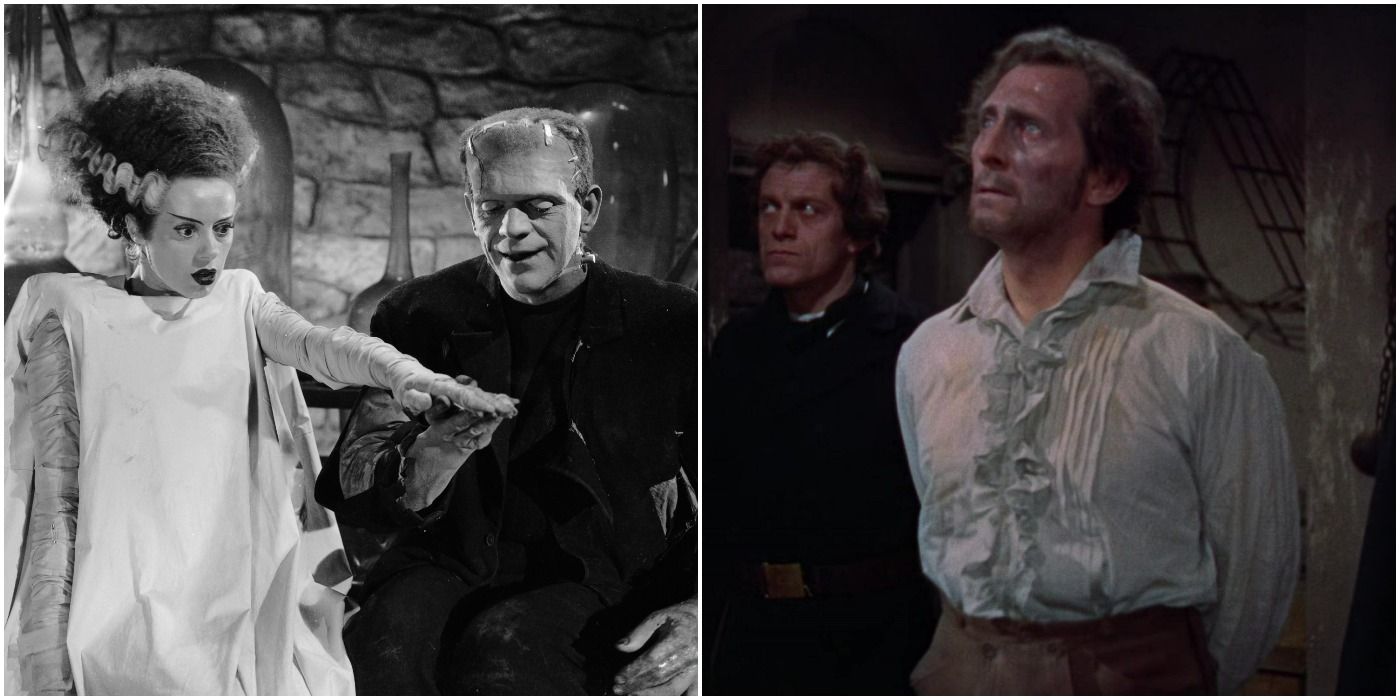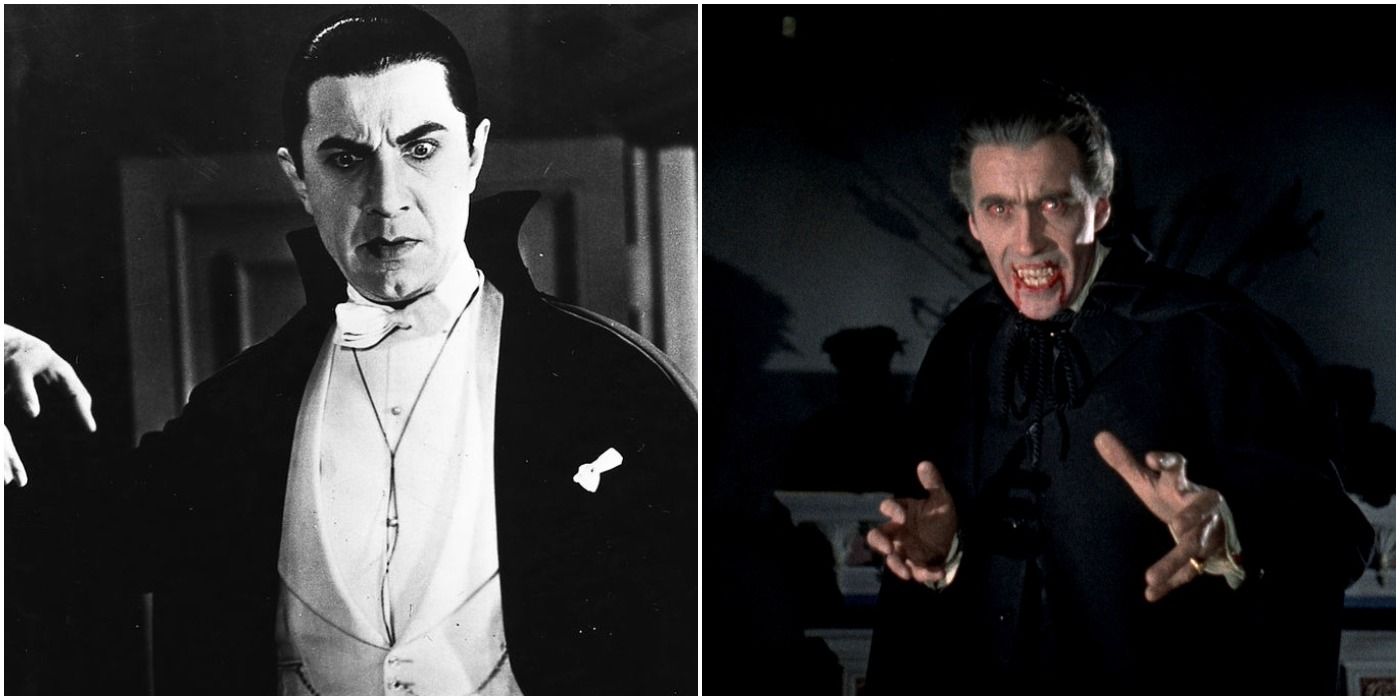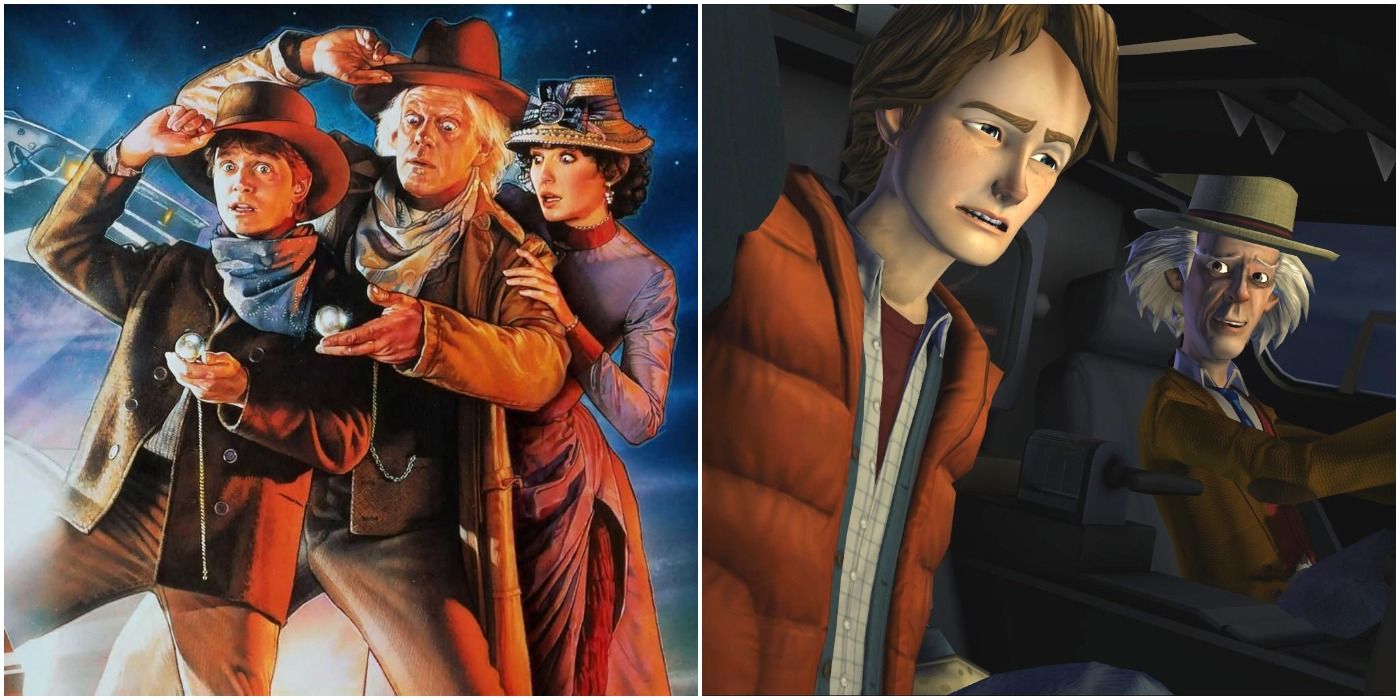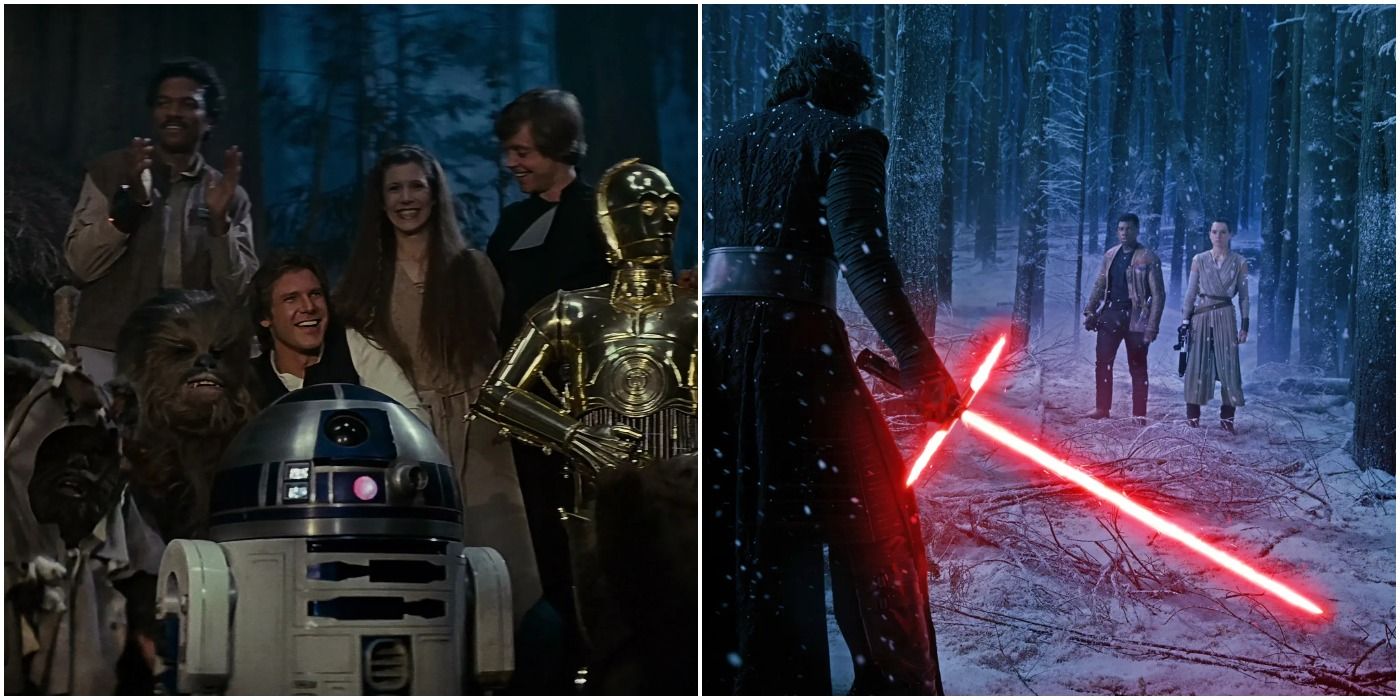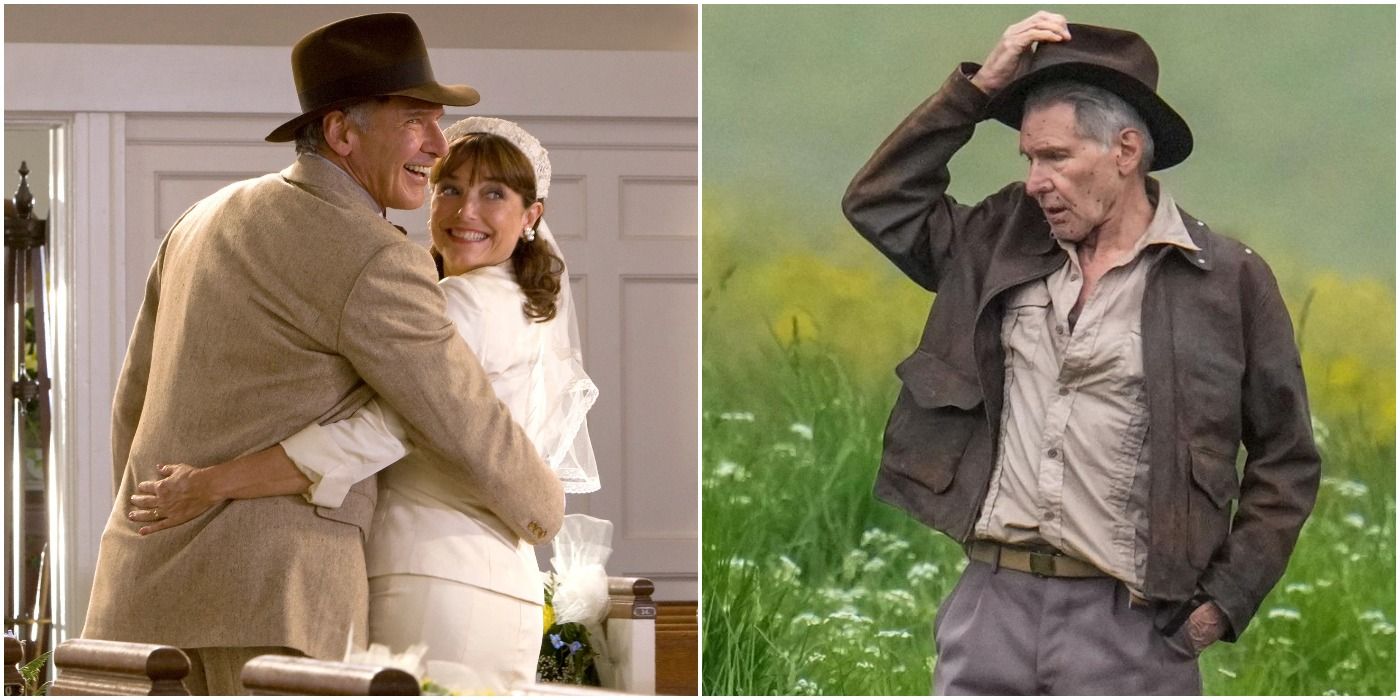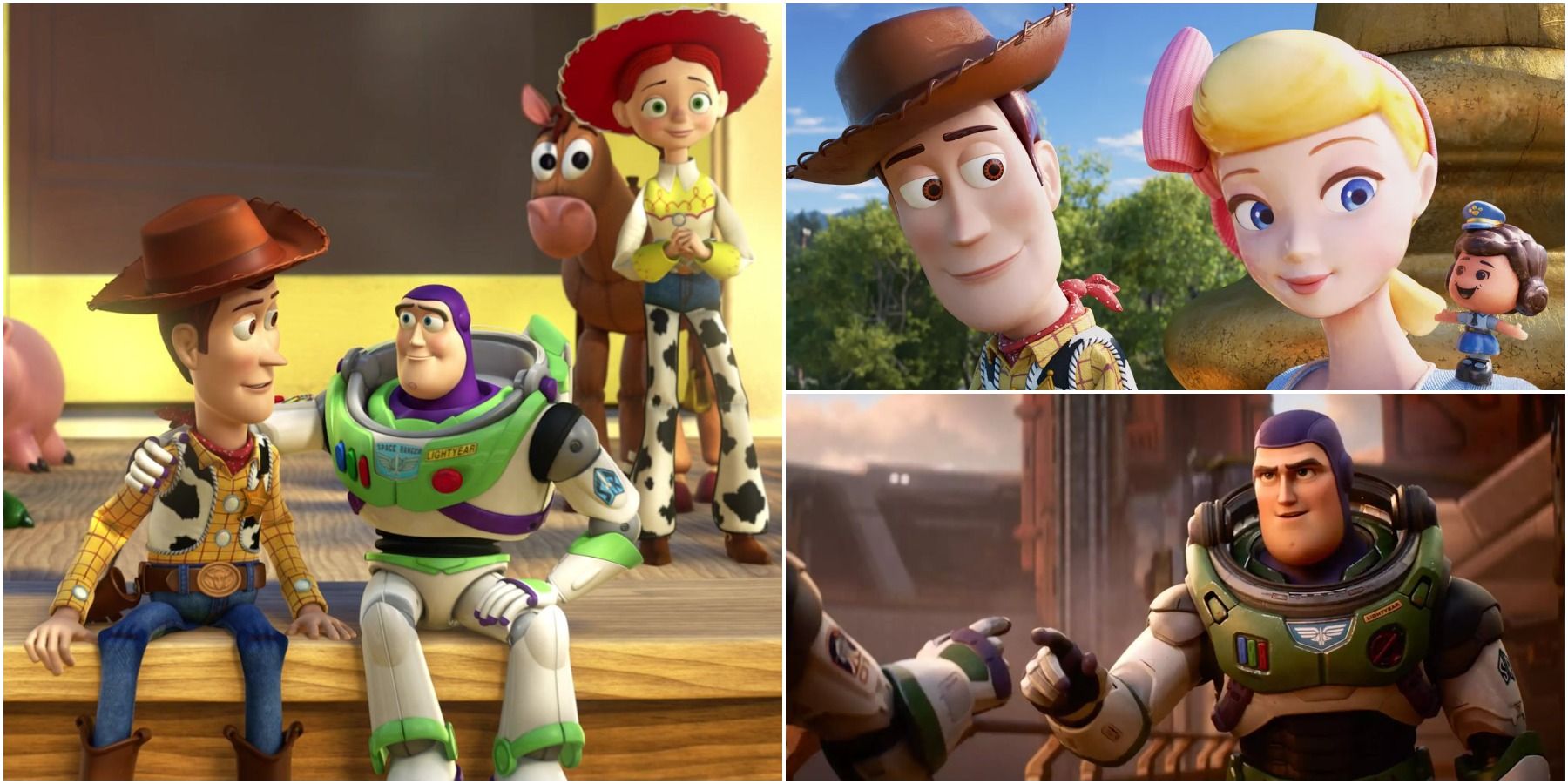A satisfying ending is a rare thing, especially in the modern age of audience engagement. Even if stories wrap everything up, the way it happens might leave viewers wanting. This makes it all the more impressive when the creatives end their fables while meeting people's lofty expectations. Sadly, studios can't leave a cash cow alone.
Several film series have continued despite achieving that coveted conclusion. Oftentimes, they do so not because of creator passion, but due to suits seeking a bottom line. That definitely shows in the final product. Audiences thought they wanted more, but they thought differently later.
8 Alien
Despite being such grim horror stories, the Alien series actually has a happy ending in its second entry. The survivors successfully wipe out the xenomorphs and their queen, and Ripley earns a second chance at motherhood with young Newt. This leaves audiences with some hope for the future. Sadly, the studio couldn't let sleeping cryo-pods lie.
Alien 3 slaps fans in the face by killing the remaining characters and trapping Ripley in a brutal space prison. Following that, the writers contrive a surviving xenomorph, which leads to a heap of genetic experimentation in the cartoonish Alien: Resurrection.
A couple of ridiculous Alien vs. Predator movies later, and director Ridley Scott returns to the franchise he started with Prometheus and Alien: Covenant. These prequel flicks seek to explain the xenomorphs' origins but wind up being pretentious, nonsensical bores. Much like the xenomorph itself, the Alien series fell victim to exploitation beyond all recognition.
7 Terminator
The Terminator franchise parallels Alien in many ways. They're both tentpole sci-fi series of the '80s and '90s, and James Cameron is a chief creative on each. Most importantly, both should have ended after their second outing. Terminator 2 closes with Sarah Connor and her son, John, destroying any trace of the malevolent AI, Skynet. John fulfills his role as humanity's savior by preventing the robotic apocalypse, and Sarah can finally look toward the future with cautious optimism. Little do they know that optimism is all for naught.
Terminator 3 asserts that Judgment Day is inevitable, delving more into silly comedy before launching the nuclear war for an unearned downer ending. TerminatorSalvation tries to recapture the prior films' pathos by telling a story within the future war, but it ultimately falls victim to its own bombast.
Terminator Genisys goes for a franchise reboot, but it does so on a shaky foundation of cheap rehashes, lazy writing, and lousy acting. Terminator: Dark Fate attempts a similar clean slate. However, it spits on the entries that people loved, ironically fashioning the same plot with different names. The only bright spot in all this is the Sarah Connor Chronicles TV series, which met with cancellation before reaching its full potential.
6 Frankenstein
Mary Shelley's Frankenstein ends how most stories should: the conflict is resolved with no hanging plot threads. The ambitious scientist loses everything to his creation, and the monster laments his "father's" death, setting fire to both of them. The Universal and Hammer studios both adapt this iconic tale. While they take liberties, each offers closure in its own way.
What they also share is contriving a way to continue the story. Universal crafts a few sequels following Boris Karloff as the monster, and Hammer chronicles the further experiments of Peter Cushing's Frankenstein. Both see the potential for franchises, meaning they always leave it open for more. That's more thought than they give Dracula.
5 Dracula
Like Frankenstein, Bram Stoker's Dracula ties its tale in a neat little bow. It kills the bloodthirsty villain and offers meaningful resolution for both the characters and the readers. That said, the count's charms are just too strong, especially when played by Bela Lugosi and Christopher Lee.
Although each actor's run starts with adapting Stoker's work, the filmmakers soon fashion multiple sequels for both. All of these involve increasingly ridiculous ways of bringing Dracula back to life, matched only by the silly methods they find to vanquish him. In a sense, these two series just repeatedly open and close the same book.
4 Back To The Future
A time-travel trilogy could have been a mess, but Back to the Futureavoids that, easily restoring its fractured timeline by the end. More importantly, the characters come out better through their wacky ordeal. Marty overcomes his insecurities, and Doc finds a family who shares his passion for science. The future looks bright, with the characters set to make it a good one through renewed energy and perspective. It's what everyone wants in life: hope to counteract the uncertainty.
Developer Telltale shattered that brilliant ambiguity years later with an episodic adventure game. It crafts a new story set during Prohibition. Marty must rescue Doc from this dangerous era and repair more drastic changes to the timeline along the way. Though unnecessary, the tale definitely has merit, delving into Doc's past and the challenges he faces just to pursue his love of invention. This is likely why series creator Bob Gale considers it the fourth film. As protective as he is of the property, that's saying something. It's just a shame fans never get a proper ending.
3 Star Wars
The original Star Wars trilogy has a simple story. The heroes fight to vanquish the Galactic Empire. In doing so, Luke Skywalker realizes his destiny as a Jedi Knight, and he and the other Rebels restore peace to the galaxy. All of that reaches its zenith in Return of the Jedi. Impressively, creator George Lucas maintains that sense of finality with his prequel trilogy. The fallen hero Anakin Skywalker redeems himself and, in killing the Emperor, fulfills the prophecy of destroying the Sith. Sure, the franchise still spawned plenty of books, games, and other ancillary material, but the overarching saga was complete.
Once Lucas handed Disney the reigns, though, the House of Mouse saw fit to extend the mainline series with three more films. As a result, old plot points are recycled and rearranged. At the center is a new cast of characters who struggle to distinguish themselves or justify their presence. Worse, they do so on the corpse of the series legacy and its iconic heroes. This subversion might have been profound, but the writing isn't smart enough. The scripts desperately try to distract from their sloppy storytelling with more popcorn action. Nowadays, most Expanded Universe products avoid the sequel trilogy era because many fans utterly reject it.
2 Indiana Jones
The last film, Indiana Jones and the Kingdom of the Crystal Skull, has its issues, but at least it ends on a positive note. The eponymous explorer overcomes his feelings of loneliness and obsolescence, and he does so by tying the knot and achieving lasting happiness. What's more is that it's with Marion, the series' best leading lady. This provides a satisfying sendoff for everyone's favorite adventuring archaeologist. Sadly, retirement will have to wait.
The upcoming fifth film is set to propel Old Man Indy on yet another globe-trotting journey. His family is nowhere in sight, so he's probably not doing well in his personal life. This effectively undoes what fans last saw. It seems Indiana Jones will be rooting around booby-trapped tombs and hostile environments all the way to the grave.
1 Toy Story
Much of Toy Story is about coping with change. As kids grow up and their interests move on, will these sentient toys still be there for them? Woody and the others grapple with this throughout the original trilogy, coming to terms with it during the third entry. Andy passes them on to a new owner, and everything comes full circle. Eventually, though, Disney and Pixar toss that ending out like a broken toy.
Toy Story 4 brings the franchise back to the big screen a decade later with middling results. It's an uninspired tale about Woody reuniting with Bo Peep for a boring love story. Said tale is rife with new toys that are more gimmicks than characters. What's worse is that the returning characters either act contrary to how they did before or are sidelined altogether. No one better exemplifies this than Woody.
Not only does the toys' new owner carelessly discard him, but he ultimately forsakes his stalwart loyalty and runs off with Bo Peep and the other misfits. This tries to expand on the series' themes of overcoming obsolescence yet completely fumbles the ball. The damage still isn't done, though.
Despite assertions that this would be the last one, the studios can't resist milking the cash cow. They now plan to release a Buzz Lightyear origin story. It's safe to assume they'll keep making movies about toys so they can sell more toys.

